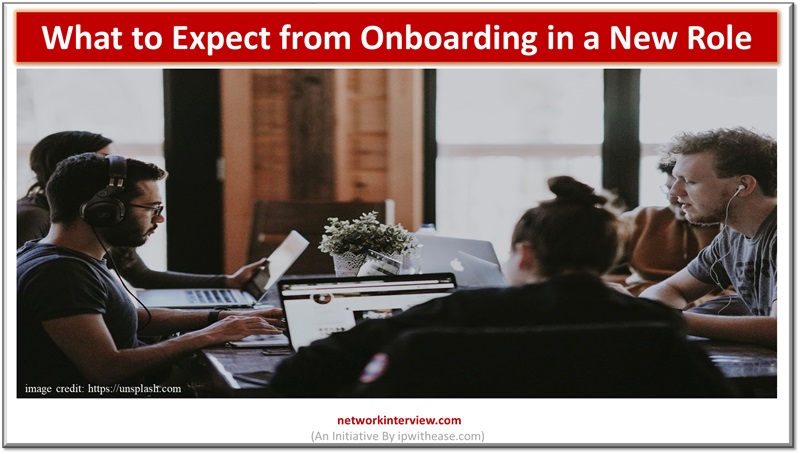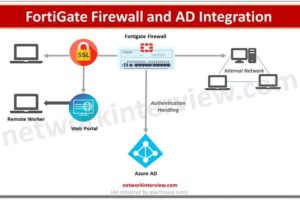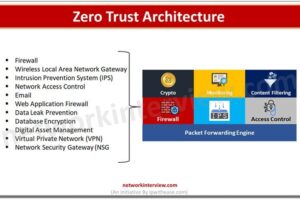
After the Job Offer: What to Expect from Onboarding and Your First Few Weeks in a New Role
Landed a new job? Congratulations! But if you’re feeling a bit apprehensive about what comes next, that’s normal. This transitional phase goes beyond just signing paperwork and involves learning about your role, integrating into the culture, connecting with colleagues, and more.
Our guide aims to give you insight into this journey. We’ll walk you through key aspects to look out for, and what to anticipate as you prepare to venture into this new chapter of your life.
7 Things to Expect From Onboarding and Your First Week
Starting a new role can be both exciting and overwhelming. This guide will outline 7 key things you’ll likely encounter during your onboarding process, helping you transition smoothly.
1. Receipt of a Formal Offer Letter
After your verbal acceptance, you can expect an official written offer letter. It typically solidifies the job description, employment terms, salary details, and starting date. Ensure that you read over this document carefully and sign it as an agreement for shared professional expectations.
If you aren’t hired right away, HR will make an effort to stay in touch with you before the start date. They’ll ask you if you’re happy and if you have any questions you want them to answer.
2. Paperwork and Documentation
The hiring manager will put together a packet of documents for you to review and sign. Some of them will describe your duties and work policies, while others are strictly for tax purposes. If HR uses any onboarding software, they will show you how to access it, and work with it.
At this point, HR may use new employee onboarding templates to show you what the rest of the onboarding process will look like. They may cover orientation sessions and training programs.
3. Adjusting Technology Setup
HR will set up your workspace in the background. For in-office work members, HR will ensure that your desk is clean and prepared. For remote workers, they may give you a stipend to help set up your home office. Either way, they’ll set up IT and give you access to their systems.
Depending on the workplace, HR may give you access to your tools, apps, and systems ahead of time. If not, they’ll show you how to log in and use their products on your first day.
4. Welcome Meeting and Meeting Your Team
In the first few days at your new workplace, you’ll meet with different teams or departments that you’ll interact with frequently. This is a critical time to understand collaborators’ roles and foster relationships from the outset. Your HR team may schedule 1:1 meetings with other staff.
HR will also take this time to show you around the office if that’s where you work. If you work from home, your manager may play some icebreaker games with you and your new team.
5. Assigning a Mentor or Buddy
Typically, companies will assign a mentor or buddy whose job is explicitly designed to guide newcomers in their initial days. This person has already been working in your position for several years and/or has qualifications similar to yours, making you more compatible.
However, what’s most important is that you click personally. If your mentor matches your energy level, interest, or personality, then there’s a high chance that you’ll learn more about your role.
6. Orientation Program or Training Sessions
Most companies provide an orientation program or a couple of training sessions for newcomers. Through this experience, organizations aim to blend newcomers smoothly into their culture, mission values, and overall workings. For this reason, HR will discuss the culture with you.
Over the next few weeks, HR will give you the space for orientation and training. They may also host a welcome lunch or social event where you can discuss your future career goals.
7. Checking-in and Feedback
The final step of most orientation processes is the checking-in and feedback stage. This is when HR will examine how well you’re fitting into your role and if you require extra help. They’ll often have goals and specific milestones every 30, 60, or 90 days that you’re expected to reach.
During this phase, HR will ask for feedback on the onboarding process. They’ll ask you if there are ways they can make the process better, and if there are things you would want changed.
In Conclusion…
As you step into your new job and navigate this chapter, know that it’s okay to feel uncertain. Understand that onboarding is a process. It’s about growing, getting acclimated, and learning. Stay open to what’s new, and don’t hesitate to ask questions when you’re in doubt.
Continue Reading:
How To Find The Right Candidates For A Vacant Job Position?
Online Hiring and its Implications



